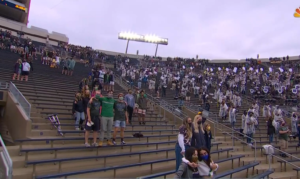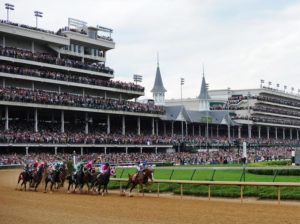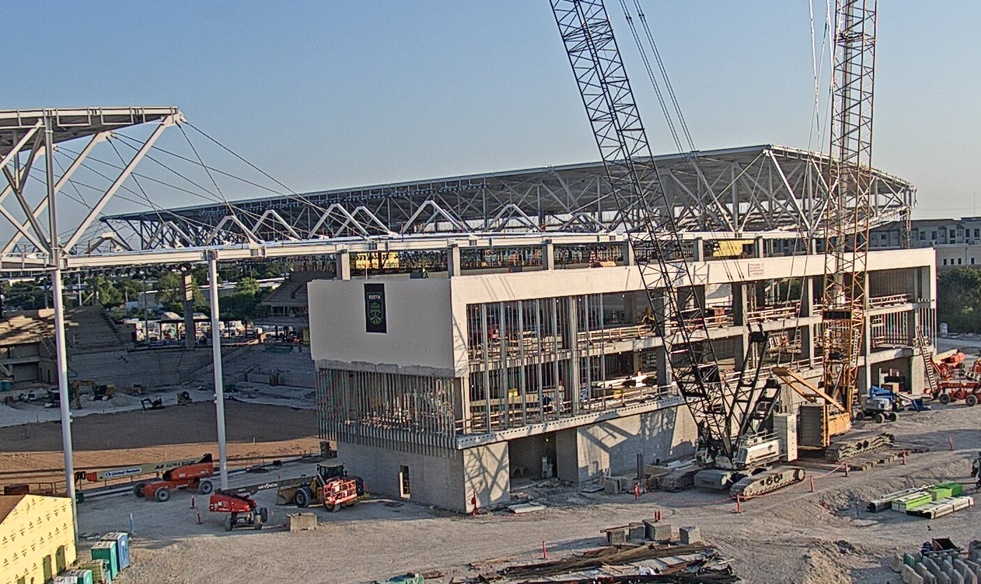 In a somewhat stunning reversal, the Big Ten conference Wednesday had a unanimous vote from chancellors and presidents to start its football season the weekend of Oct. 23, after first suspending the season on Aug. 11, due to the coronavirus pandemic.
In a somewhat stunning reversal, the Big Ten conference Wednesday had a unanimous vote from chancellors and presidents to start its football season the weekend of Oct. 23, after first suspending the season on Aug. 11, due to the coronavirus pandemic.
While the Big Ten cited improved medical testing and screening as part of the reason why it reversed its earlier decision, reporting from Sportico notes that both political and economic pressure may have played a role in the decision, which comes even as Covid-19 cases continue to occur nationwide.
The start of other Power 5 conference seasons this past weekend may also have played a role in the Big Ten’s decision, even as those schools had poor compliance by fans to Covid-19 safety protocols for stadium attendance. So far, there have been no reports on whether or not Big Ten schools will allow fans to attend games, but most likely some will have limited-attendance plans to try to recoup some of the lost game-day revenue.
The Pac-12, which suspended its season the day after the Big Ten did, recently signed a deal for improved Covid-19 testing, which in recent reports suggest that at the very least the conference should be able to start basketball season sooner rather than later.











